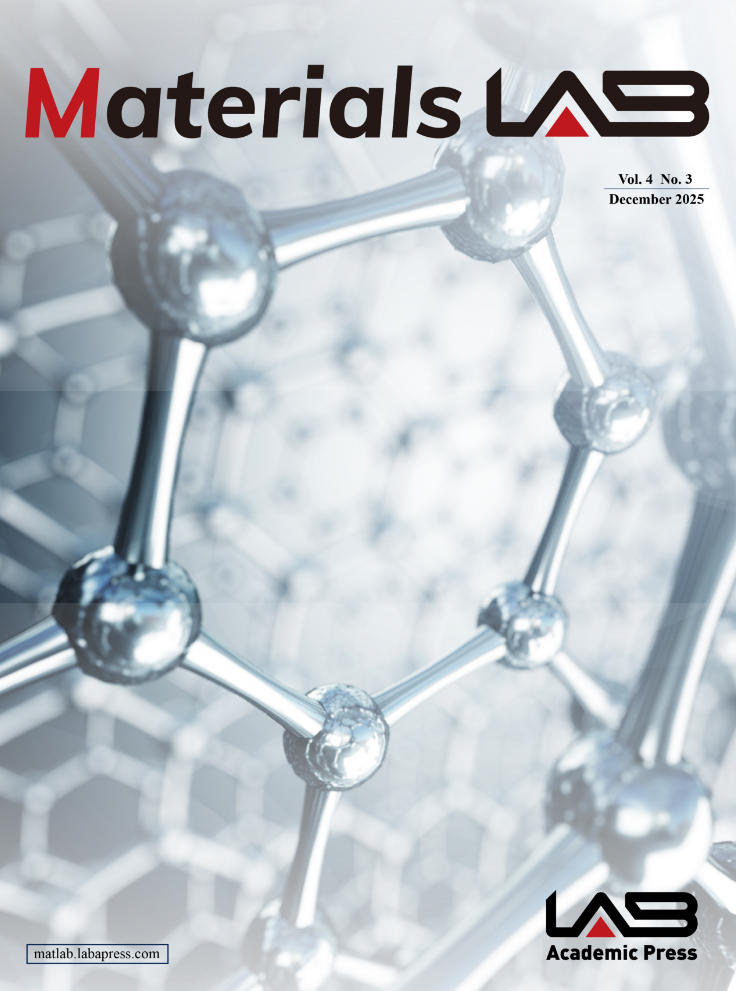| Citation: | Chengchao Hu, Bingchao Qin, Li-Dong Zhao. High-performance flexible thermoelectrics via nanobinder-assisted screen printing[J]. Materials Lab. doi: 10.54227/mlab.20240020 |
High-performance flexible thermoelectrics via nanobinder-assisted screen printing
-
Abstract
Flexible thermoelectric devices (F-TEDs) have garnered significant attention for their potential applications in wearable electronics, by leveraging the human-environment temperature gradient for power generation and utilizing tiny electrical signal for cooling. Traditional thermoelectric film fabrication processes are hindered by limited scalability and insufficient mechanical stability, primarily due to energy-intensive and complex procedures. In this highlight, we review an innovative nanobinder-assisted screen printing method developed by Chen
et al. , which integrates solvothermal synthesis and scalable fabrication to produce high-performance flexible thermoelectric films. This strategy employs Te nanorods as "nanobinders" to enhance flexibility and mechanical durability of Bi2Te3 nanoplates. The films produced exhibit an impressive figure of merit (ZT ) of about 1.3 at 303 K and retain excellent mechanical stability through 1,000 bending cycles. Moreover, the assembled F-TEDs demonstrate 1.2 mW cm−2 power density with a cooling temperature variation of 11.7 K, underscoring their applicability in advanced wearable power systems and integrated circuit cooling. This scalable, cost-effective approach establishes a robust platform for flexible thermoelectrics and presents a pathway for exploring new material combinations. -

-
References
1. Q. Yang, S. Yang, P. Qiu, L. Peng, T. Wei, Z. Zhang, X. Shi, L. Chen, Science, 2022, 377, 854 2. T. Cao, X. Shi, Z. Chen, Prog. Mater. Sci., 2023, 131, 101003 3. Q. Zhang, K. Deng, L. Wilkens, H. Reith, K. Nielsch, Nat. Electron., 2022, 5, 333 4. M. Kong, M. H. Vong, M. Kwak, I. Lim, Y. Lee, S. H. Lee, I. You, O. Awartani, J. Kwon, T. J. Shin, U. Jeong, M. D. Dickey, Science, 2024, 385, 731 5. Y. Lu, Y. Zhou, W. Wang, M. Hu, X. Huang, D. Mao, S. Huang, L. Xie, P. Lin, B. Jiang, B. Zhu, J. Feng, J. Shi, Q. Lou, Y. Huang, J. Yang, J. Li, G. Li, J. He, Nat. Nanotechnol., 2023, 18, 1281 6. Z. Zheng, X. Shi, D. Ao, W. Liu, M. Li, L. Kou, Y. Chen, F. Li, M. Wei, G. Liang, P. Fan, G. Lu, Z. Chen, Nat. Sustain., 2023, 6, 180 7. X. Zhang, Y. Hou, Y. Yang, Z. Wang, X. Liang, Q. He, Y. Xu, X. Sun, H. Ma, J. Liang, Y. Liu, W. Wu, H. Yu, H. Guo, R. Xiong, Adv. Mater., 2023, 35, e2207723 8. J. Shi, X. Wu, X. Geng, L. Hu, F. Liu, W. Ao, C. Zhang, Chem. Eng. J., 2023, 458, 141450 9. W. Chen, X. Shi, M. Li, T. Liu, Y. Mao, Q. Liu, M. Dargusch, J. Zou, G. Lu, Z. Chen, Science, 2024, 386, 1265 10. B. Qin, M. G. Kanatzidis, L. -D. Zhao, Science, 2024, 386, eadp2444 -
Rights and permissions
This is an open access article under the terms of the Creative Commons Attribution License, which permits use, distribution and reproduction in any medium, provided the original work is properly cited.
Information
Article Metrics
-
Figure 1.
a Schematic diagram illustrating the screen-printing process. b Structural illustration of screen-printed Bi2Te3 thin films, highlighting their (00l)-oriented alignment and morphology. c Structure of screen-printed flexible thermoelectric device. d Conceptual schematic depicting the constructed flexible thermoelectrics as analogous to a "hexagonal warrior".



 DownLoad:
DownLoad:
